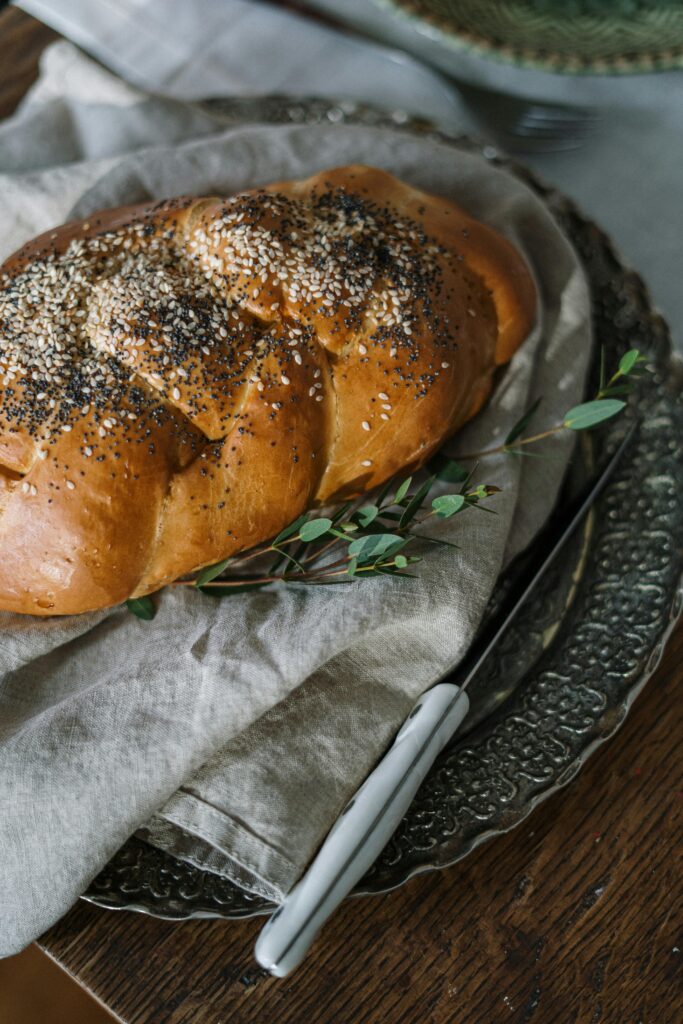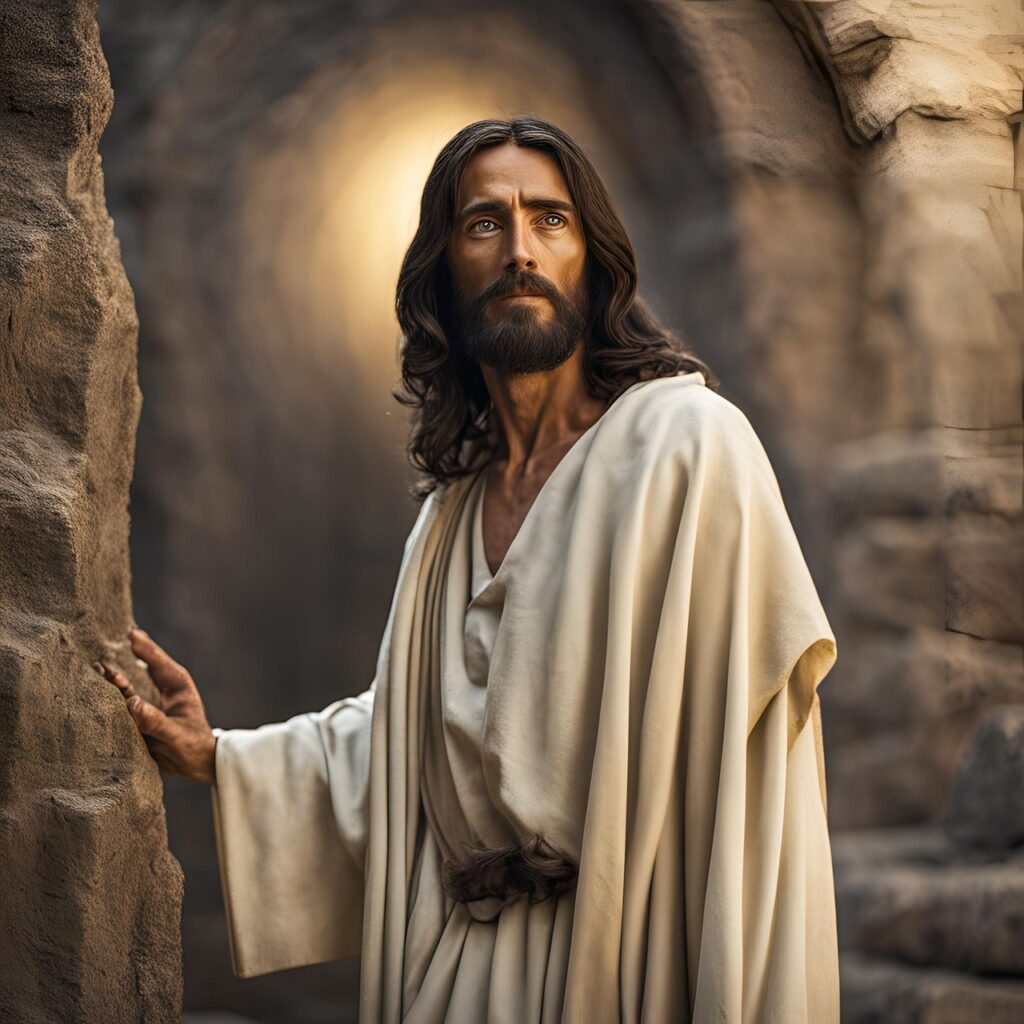Reflection by Monsignor Enrique Díaz: Jesus: bread of life
18th Ordinary Sunday

Monsignor Enrique Díaz Díaz shares with the readers of Exaudi his reflection on the Gospel of this Sunday, August 4, 2024, entitled: “Jesus: bread of life”.
***
Exodus 16, 2-4. 12-15: “I will rain bread from heaven”
Psalm 77. “The Lord gave him bread from heaven”
Ephesians 4, 17. 20-24: “Put on the new self, created in the image of God”
Saint John 6, 24-35: “He who comes to me will never be hungry, he who believes in me will never be thirsty”
Why do we seek Jesus? It will always be important to discover the true reasons that move people. Jesus reproaches those who approach Him seeking their benefit, but He generously rewards those who approach Him with a clean heart. Today, amid the crowd, let us contemplate Jesus, listen carefully to His words, observe His attitude, and examine our true interests. Is Jesus the bread of life and salvation for me and my community?
The beginning of this Gospel passage is very understandable. If Jesus has fed thousands of people, it is only natural that they now want to follow Him everywhere. Someone would talk about populism, giving people bread and circuses, making them forget their problems and feeding their stomachs. Jesus does not accept this self-interested search, but rather demands a more committed and serious search. He makes them see the error of their attitude and when they hear the question: “What works should we do?”, continuing on the external and superficial level, Christ invites them to a new relationship and a new way of living. It is not just the external, it implies a profound change on the inside. He asks them for one task: “to believe in him” and makes them see that it is not enough to find a solution to material need, but that it is necessary to aspire to human plenitude, and this requires their collaboration. He invites them to work for the food that never ends, that lasts, that gives life without end, giving it their adherence to him as sent by God. It is to raise their gaze further. We are so absorbed and in need of material bread that we drown in the anguish of each day. “We work to eat, and we eat to be able to work.”
Perhaps some may find Jesus’ proposal scandalous, but from the signs he offers us when performing the miracle, he makes us understand that the bread that satisfies hunger must also be accompanied by the recognition of the dignity of each person and of each people. No one has the right to use hunger as a weapon to control their will. Satisfying hunger, progressing only in the economic and technological aspect, is not enough to give man his true place in creation. Progress is often linked to new forms of slavery and exploitation that bind and dehumanize the person. It is urgent to find ways to end hunger, but it is not enough; new ways are needed to bring brothers and sisters to the table in unity and fraternity, sharing and building a world where individuals and peoples achieve integral and full development. Christ proposes a new vision of the person that includes their full realization: “Do not seek food that perishes.” The person requires, in addition to food, their recognition, their realization and their integration into the community. They also require that life in fullness with God, where they find meaning in their existence.
I do not know if there is a fuller integration between two bodies than that provided by food. The bread that feeds us becomes our blood, our members, our flesh, and we cannot say “here I have a piece of bread that I ate in the morning” but rather it transforms into ourselves, into our members. The digestive system breaks down and works the elements of the tortilla, the beans or the bread that we eat and gives life and strength to our body. Christ has chosen bread as a sign of his presence and of his integration into each one of us. Bread, so common in his culture, so insignificant and yet so indispensable. Made of small crushed grains, broken down to give life, it sustains the person and gives him energy for his work. It becomes part of the person himself, and thus is transformed into life when he dies. Christ has chosen this sign and becomes for us the bread of life. He joins us, goes unnoticed and becomes part of us, or, perhaps it would be better to say, he makes us part of him in order to continue giving life. Perhaps we have not reflected deeply on all this transformation and have not given enough thanks for this gift from Jesus who wants to remain so deep within us that he becomes part of us, becoming our body, making us his body.
Believing in this presence, believing in Him, is the demand that this day presents to us. If we took this sign seriously, how would our life change in each communion. We unite ourselves to Christ, He unites Himself to us, and so we also unite ourselves to all our brothers. It is a true communion that should lead us to very coherent consequences in daily life. We will not have the right to live a sleepy and indifferent life, if we do not have to live it in fullness and united to Jesus. We will not be able to live an individualistic and comfortable life, but rather a shared and committed life with each of the brothers to whom Jesus has united us. It is the only work that Jesus asks of us: “to believe in Him,” but to believe Him seriously and truly; a faith that leads to works, a faith that does not remain in simple desires, but is transformed into action and dedication.
What is our faith in Jesus like? What does it mean to me that He has become bread, that He comes to feed me, that He gives me strength and sustains me? How do I live communion with Him and with my brothers? To what social and evangelizing commitments does the Eucharist thus lived impel me?
Lord, you are the bread of life, formed from many grains, given and crushed to give us life. Grant us to believe in you, in your Eucharist and in your giving, to live fully in communion with you and with our brothers. Amen.
Related

After Eight Days Jesus Arrived: Commentary by Fr. Jorge Miró
Jorge Miró
26 April, 2025
3 min

The Perspectivas del Trabajo Foundation is founded with the aim of promoting virtues for professional development
Exaudi Staff
25 April, 2025
2 min

Reflection by Bishop Enrique Díaz: Alleluia, alleluia
Enrique Díaz
20 April, 2025
5 min

Christ is Risen! Alleluia! Commentary by Fr. Jorge Miró
Jorge Miró
20 April, 2025
3 min
 (EN)
(EN)
 (ES)
(ES)
 (IT)
(IT)

